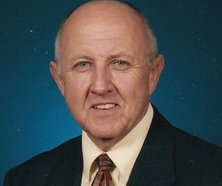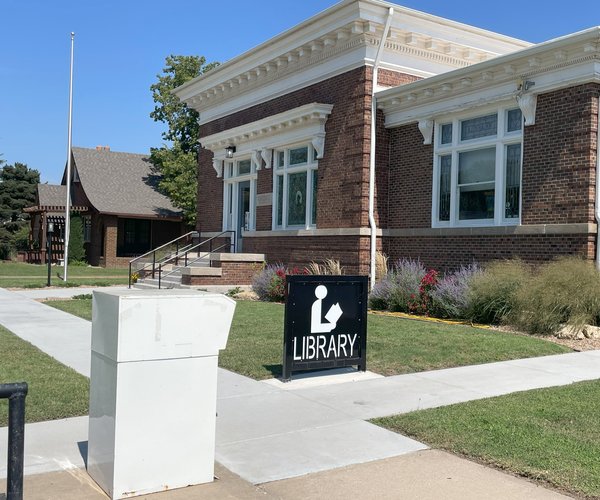I had a friend in high school who was generally considered a bit odd. He didn’t dress quite right, never knew how to “read the room,” and often talked far too long and in far to much detail about computers— at a time when very few households even had one.
The movie Rain Man, in which an autistic character is abducted from an institution by his greedy younger brother, had yet to be released, and certainly no one in my circle was familiar with autism. Once we were, it was Dustin Hoffman’s portrayal of Raymond Babbitt that defined our understanding. For decades, this was the dominant image, even while the diagnostic criteria expanded to include people with less dramatic challenges. Today, I suspect my friend would have been recognized as being “on the spectrum.”
Autism is an ancient condition. Some researchers suspect it explains stories about changelings, fey creatures swapped for humans. While most individuals with classic autism have disappeared from the historical record, and certainly, given that it wasn’t until the DSMIII was published in 1980 that autism was defined as a distinct condition, we can only speculate about historical figures. Nevertheless, many of our greatest thinkers and innovators may have been “on the spectrum.” Michelangelo, DaVinci, Newton, Einstein, Orwell, Twain...the list goes on. Sia, Bella Ramsey, Dan Ackroyd, Anthony Hopkins, and of course Elon Musk have all publicly disclosed their diagnoses.
People with autism spectrum disorders are unique human beings, in the same way we are all unique. The condition may present very differently between one person and another. That can make it challenging, for families, schools, clinicians, and of course for the individual themselves! The support that is critical for one person may be utterly useless for another, but research consistently shows that the right support at the right time can help someone succeed, academically, and socially. Of course this is true for us all, but since the challenges faced by people with autism are by definition greater, the need is greater.
Autism is often accompanied by other conditions, such as ADHD, OCD, epilepsy, and allergies, and well recognized genetic disorders such as Down syndrome. This merely adds to the diversity of the autism experience, and further demonstrates why there isn’t a single “box” into which people with autism can be sorted.
My high school friend? Well, we’ve lost touch over the years, but I know he followed his passion for computers and is very successful in his field.
I hope he is surrounded by people who appreciate him for who he is.
Richard P. Holm, MD passed away in March 2020 after a battle with pancreatic cancer. He is founder of The Prairie Doc®. For free and easy access to the entire Prairie Doc® ® library, visit www.prairiedoc.org and follow Prairie Doc® on Facebook.
Dr. Debra Johnston is a Family Medicine Physician at Avera Medical Group Brookings in Brookings, SD.





